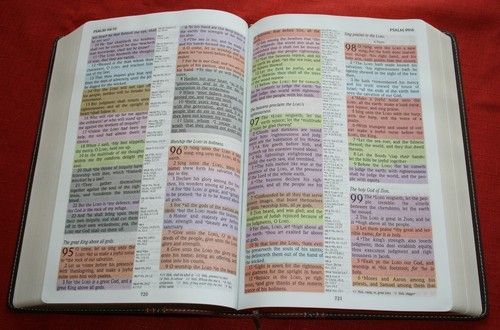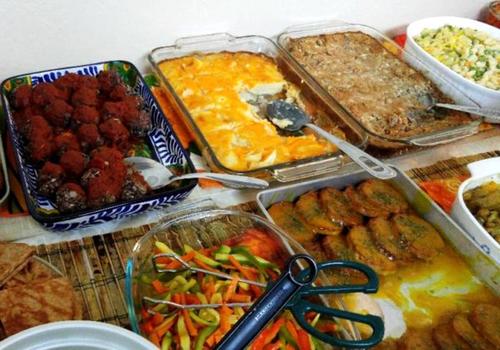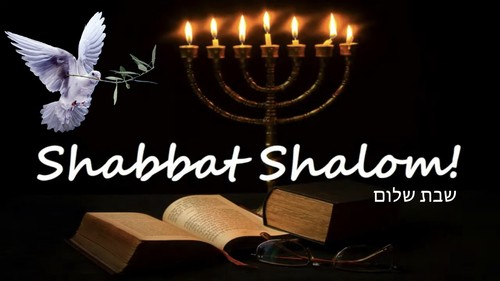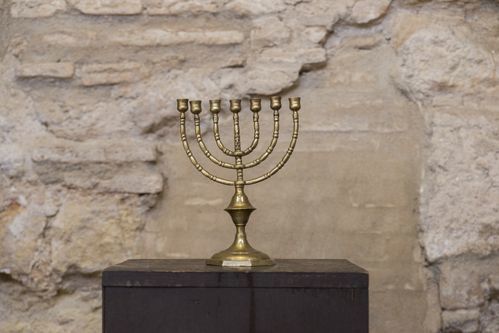Holy Convocations
"The Lord spoke again to Moses, saying, 'Speak to the sons of Israel and say to them, ‘The Lord’s appointed times which you shall proclaim as holy convocations—My appointed times are these: ...'" (Leviticus 23:1-2)
"And let us consider one another in order to stir up love and good works, not forsaking the assembling of ourselves together, as is the manner of some, but exhorting one another, and so much the more as you see the Day approaching."
(Hebrews 10:19-25)
See below this section for details about our weekly services. All appointed times of the Lord, specified in Leviticus 23, begin at sunset the night before and carry on into the next day until sunset. The weekly Sabbath and the Appointed Times of the Lord are days when we should not do any work, we should not buy or sell, we should not cook or clean, and we should not kindle a fire, but rather we should seek after the Lord with all of our heart and delight in Him, His Word, and His Way. We should spend the time studying the Word, worshipping the Lord, enjoying fellowship in the Lord with one another, and feasting on the delights the Lord has given us from His abundance, with the exception of Yom Kippur, which is a fasting day.







